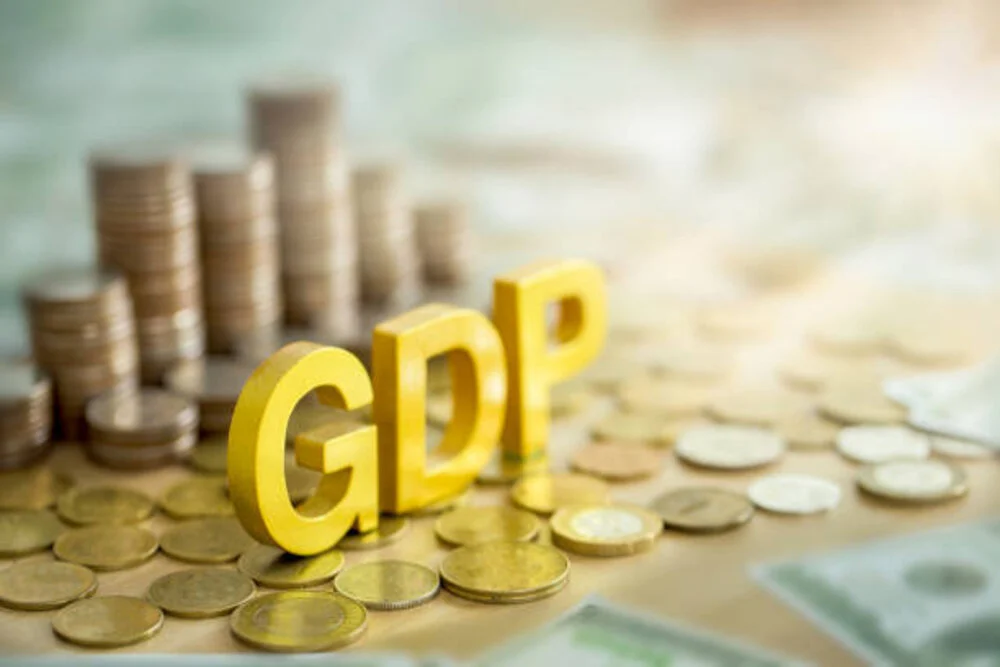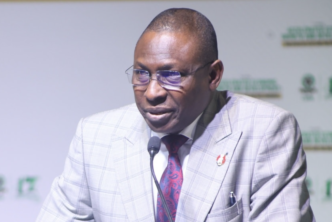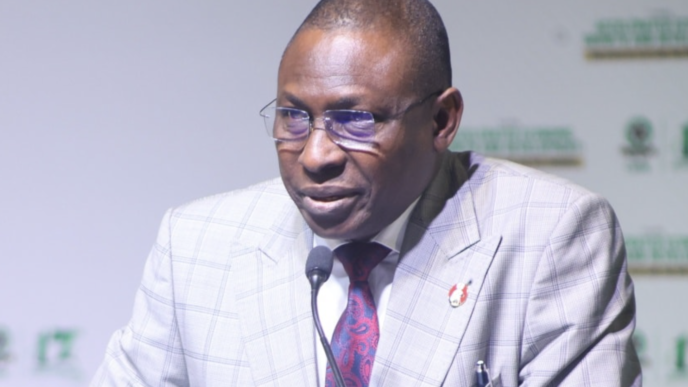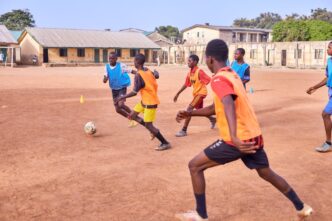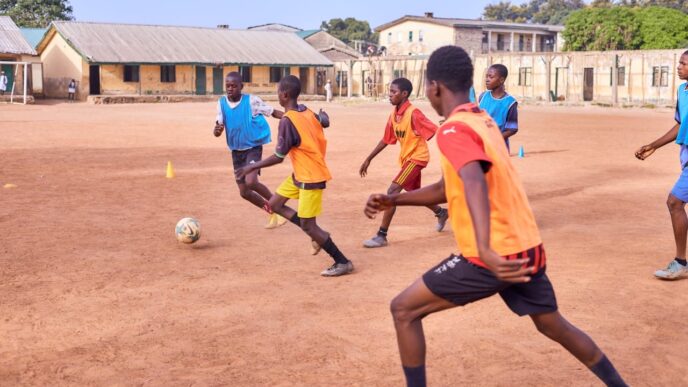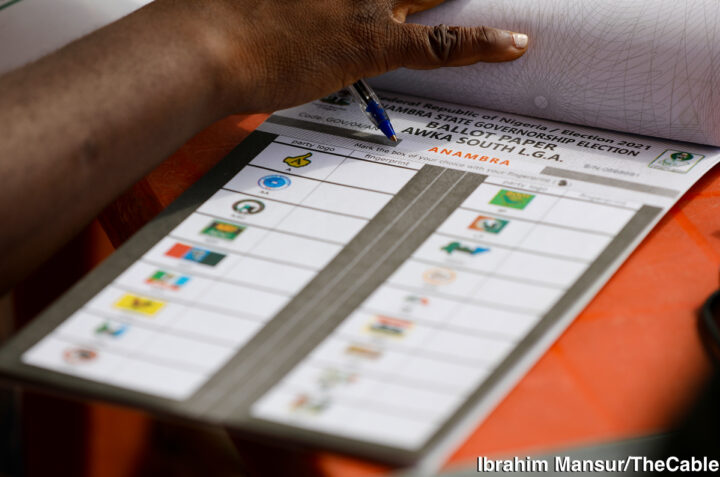BY EMEKA ANYASI
The rebasing of Nigeria’s Gross Domestic Product (GDP) stands as a pivotal statistical exercise, one that seeks to recalibrate the nation’s economic measurement framework in line with contemporary realities. Led by the National Bureau of Statistics (NBS), this initiative aims to update the base year used for calculating GDP, ensuring it reflects the current structure, price levels, and consumption patterns of the economy. By doing so, the rebasing process enables a more accurate representation of Nigeria’s economic performance, fostering better planning and policymaking.
Rebasing GDP involves replacing an outdated base year with a more recent one to account for dynamic changes in the economy. As economies evolve, their structures transform, driven by shifts in consumption patterns, technological advancements, and the emergence of new products and industries. This process recalculates constant price estimates using prices from the updated base year, ensuring the resulting data aligns with present-day economic conditions. According to the 2008 System of National Accounts (SNA), GDP rebasing should be undertaken every five years. This recommendation is grounded in the need to accommodate structural shifts, changes in product availability, and fluctuations in consumer behaviour that naturally occur over time.
The decision to rebase Nigeria’s GDP in 2024 stems from the recognition of significant changes within the economy. Over time, sectors such as technology, the creative industries, and informal markets have grown in prominence, necessitating their inclusion in GDP calculations. Additionally, economic cycles of growth and recession, coupled with the introduction of new goods and services, underscore the importance of updating the base year to maintain statistical relevance. By capturing these changes, the rebasing process provides a clearer picture of the economy’s true size and structure.
In carrying out this exercise, the NBS has adopted a framework that adheres to international best practices. The rebasing process is guided by manuals such as the 2008 System of National Accounts, the International Standard for Industrial Classification of Economic Activities (ISIC) 4.0, and the Central Product Classification (CPC) 2.0. At its core, the process relies on the compilation of a detailed Supply and Use Table (SUT), a matrix that provides an extensive breakdown of industries and products. For Nigeria, the SUT consists of 46 industries and 217 products, ensuring that the new benchmark for GDP calculations captures the complexity and diversity of the nation’s economy.
Advertisement
The selection of 2019 as the new base year is a deliberate and strategic choice. This year represents a period of relative economic stability, untainted by the global disruptions and uncertainties that characterized 2020, 2021, and 2022. Key economic surveys, including the Nigeria Living Standard Survey (NLSS) and the National Business Sample Census, were conducted during this period, providing robust data to support the rebasing effort. Sector-specific administrative data collected during 2019 further bolsters the reliability of this choice, ensuring that the new base year serves as an accurate benchmark for economic measurement.
To achieve comprehensive coverage, the NBS has sourced data from a variety of surveys and special studies. The Nigeria Living Standard Survey (NLSS) from 2019 and 2023 has provided critical insights into household expenditures and the informal sector. The National Business Sample Census of 2021 and the National Agriculture Sample Census of 2022 have offered valuable information on business and agricultural activities. Additionally, special studies have been conducted to address specific sectors, including research and development, water supply, waste management, and trade margins.
The rebasing effort has also expanded the scope of economic activities captured in GDP calculations. For the first time, the contributions of the digital economy, including tech startups and e-commerce, are being incorporated. Activities of pension fund administrators, modular refineries, and quarrying industries are also being included, reflecting their growing importance in the national economy. The exercise further aims to address gaps in previous data by covering hidden and informal activities, ensuring that all economic contributions are accounted for.
Collaboration has been a cornerstone of this rebasing initiative. The NBS has worked closely with various ministries, departments, and agencies, such as the Federal Ministry of Communications and Digital Economy, the Central Bank of Nigeria, and the National Pension Commission. These partnerships have facilitated enhanced data collection, contributing to the overall accuracy and comprehensiveness of the rebasing process.
The 2024 GDP rebasing exercise marks a significant departure from previous efforts in several ways. It offers broader coverage, capturing more sectors and activities, including those previously overlooked. The use of advanced statistical tools and methodologies ensures higher data quality and precision. By providing detailed insights into sectoral contributions, the exercise sheds light on the emergence of new industries and shifts in economic dynamics.
Advertisement
The implications of this rebasing are profound. It is expected to reveal changes in the size and structure of Nigeria’s economy, potentially altering key metrics such as the tax-to-GDP ratio, debt-to-GDP ratio, and per capita income. A larger GDP size may lower the tax-to-GDP ratio, highlighting the need for reforms in revenue generation and tax policy. Similarly, the debt-to-GDP ratio may appear more manageable, while adjustments in GDP figures could lead to a more accurate assessment of living standards.
The success of this exercise hinges on the commitment and cooperation of all stakeholders. With the extensive work undertaken by the NBS, supported by robust methodologies and exhaustive data collection, the results are expected to provide the most accurate estimate of Nigeria’s economic size and structure to date. Beyond improving economic planning, this rebasing underscore Nigeria’s dedication to statistical integrity, positioning the nation as a leader in transparent and reliable economic measurement on the global stage.
The 2024 GDP rebasing exercise not only showcases Nigeria’s commitment to improving the accuracy of its economic statistics but also reflects the dynamic evolution of its economy. By updating the base year to 2019, the National Bureau of Statistics has set a precedent for ensuring that the nation’s economic indicators align with current realities, incorporating both traditional and emerging sectors. This process, though deeply technical, is essential for painting a clearer picture of Nigeria’s economic landscape and its potential for growth. It marks a crucial step forward in bridging statistical gaps and fostering a comprehensive understanding of the economy’s true structure.
The inclusion of previously overlooked sectors, such as digital economic activities, modular refineries, and the informal economy, is particularly transformative. These sectors have increasingly become drivers of innovation and job creation in Nigeria. Their incorporation into GDP calculations not only enhances the credibility of the data but also highlights areas that require targeted policy interventions. This broader scope underscores the importance of rebasing as a tool for governments, businesses, and investors to make informed decisions that drive sustainable development.
Advertisement
While the rebasing process presents opportunities, it also emphasizes challenges, such as the need for reforms in tax policy, revenue generation, and debt management. By potentially revealing a larger GDP size, the exercise may alter how Nigeria evaluates its fiscal health and priorities. It underscores the necessity of addressing structural inefficiencies in the economy while creating a roadmap for leveraging emerging sectors. These revelations hold the promise of fostering a more resilient and diversified economic foundation that aligns with Nigeria’s long-term development goals.
Ultimately, the success of this rebasing effort lies not just in the numbers but in its implications for Nigeria’s future. The transparency, rigor, and collaboration demonstrated throughout the process signal the country’s resolve to meet global statistical standards. As Nigeria positions itself as a leader in accurate economic measurement, this rebasing exercise will serve as a cornerstone for strategic planning and economic policymaking, inspiring confidence among stakeholders and reinforcing the nation’s commitment to sustainable growth and global economic relevance.
Anyasi, an economist, sent this piece from Abuja.
Advertisement
Views expressed by contributors are strictly personal and not of TheCable.
Add a comment
